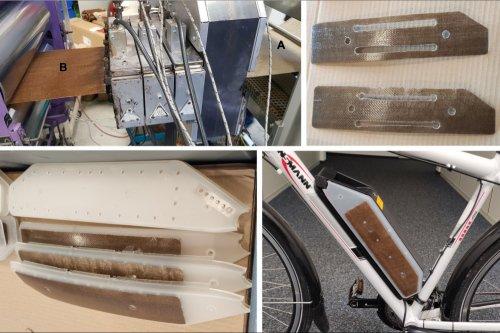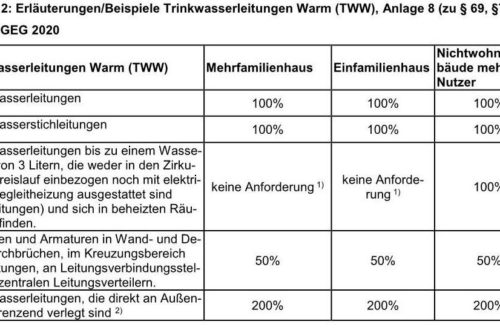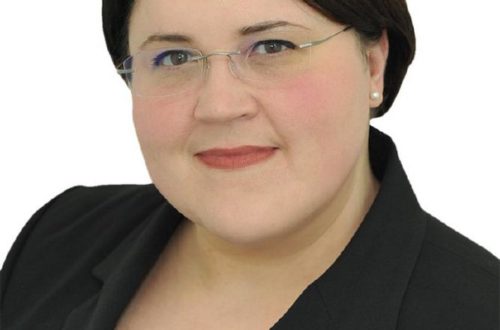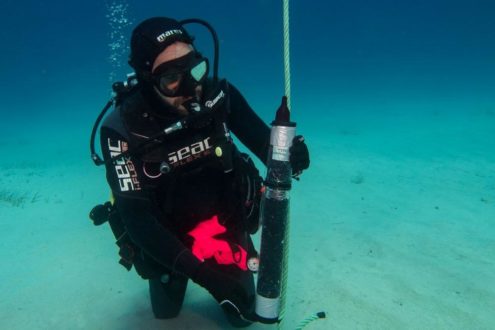
Lightweight and sustainable: Fraunhofer LBF presents innovations for the technical supply industrys
For mechanical engineering and mobility to become even more economical, the components used there must be manufactured more efficiently and made lighter. The drivers are not only stricter emissions regulations but also society’s growing awareness of the environment and sustainability.
Current Fraunhofer research solutions for sustainable lightweight design include, for example, property-optimized, particularly lightweight structural solutions for function-integrated, intelligent lightweight design – always taking into account the reliability, sustainability and affordability of the technical product solution.
At the important trade fair for the technical supply industry in Scandinavia, the Fraunhofer LBF demonstrates the potential for series production with the "sustainable battery housing for e-bikes" and the "car door" exemplifies how industrial applications benefit from vibroacoustic metamaterials.
Lightweight and mobile with natural fiber reinforced plastics
In order to respond to individual customer requirements and to meet social and political responsibility, scientists from Fraunhofer LBF, in collaboration with Ansmann AG, have carried out the "BioBattery" research project to develop natural fiber-reinforced plastics for use in Li-ion battery housings. The natural fiber-reinforced plastics are characterized by their low density, good mechanical properties, low tendency to splinter, and comparatively low cost.
At the Fraunhofer LBF, a new process was used to impregnate different natural fiber fabrics with plastic melt, while simultaneously reducing the contact time, and modify them to meet requirements. Based on an adapted component design of the battery housing to meet the numerous standards, local natural fiber reinforcements were introduced into the housing using an innovative injection molding process.
Compared to the original housing, the resulting housing impresses with a weight reduction of 30 percent, while at the same time increasing rigidity by 15 percent, and at the same time addresses the central guiding principle of efficient and environmentally friendly use of resources while avoiding greenhouse gases.
More information about the project: BIOBATTERY – Biobased plastics for lightweight solutions
Vibroacoustic metamaterials: More comfort for mobility
Lightweight structures often experience vibration problems that significantly affect the quality of life and comfort in everyday life. Conventional approaches to vibration and noise reduction often reach their limits. At Fraunhofer LBF, applications are being developed using vibroacoustic metamaterials for optimized structural dynamic behavior. Vibroacoustic metamaterials (VAMM) represent a novel measure for vibration reduction and have advantages in influencing vibration behavior compared to conventional measures. They are used as vibration reduction measures in a wide range of industries, for example in mechanical and vehicle engineering or in aerospace. VAMMs reduce disturbing structure-borne or airborne noise and help stabilize equipment and increase comfort.
VAMM are structures with specially, mostly periodically, arranged structural dynamic and/or acoustic resonators. The high effectiveness of VAMM is based on the targeted design and arrangement of the unit cells in the composite and the resulting interaction of the unit cells with each other.
For more than 80 years, the Fraunhofer LBF in Darmstadt has stood for the safety and reliability of lightweight structures. With its expertise in the fields of fatigue strength, system reliability, vibration technology and polymer technology, the institute today offers solutions for three of the most important cross-cutting issues of the future: lightweight system design, functional integration and cyber-physical mechanical engineering systems. The focus is on solutions for societal challenges such as resource efficiency and emission reduction as well as Future Mobility, such as electromobility and autonomous, connected driving. Comprehensive competencies from data acquisition in real operational field use, data analysis and data interpretation to the derivation of concrete measures for the design and improvement of material, component and system properties form the basis for this. The clients come from the automotive and commercial vehicle industries, rail transport technology, shipbuilding, aviation, mechanical and plant engineering, energy technology, electrical engineering, medical technology and the chemical industry, among others. They benefit from the proven expertise of the more than 300 employees and state-of-the-art technology on more than 17,900 square meters of laboratory and testing space.
Fraunhofer Institut LBF
Bartningstr. 47
64289 Darmstadt
Telefon: +49 (6151) 705-287
http://www.fraunhofer.de
Press
Telefon: +49 (6151) 705-268
Fax: +49 (6151) 705-214
E-Mail: anke.zeidler-finsel@lbf.fraunhofer.de
Scientific contact
Telefon: +49 (6151) 705-8739
E-Mail: shilpa.khare@lbf.fraunhofer.de
![]()



